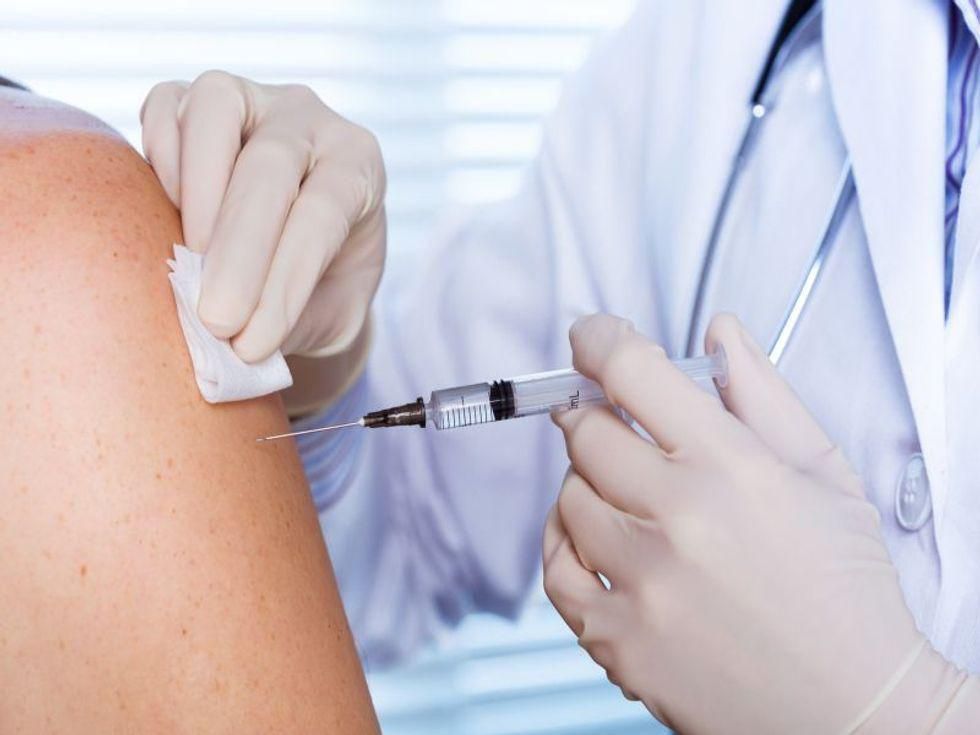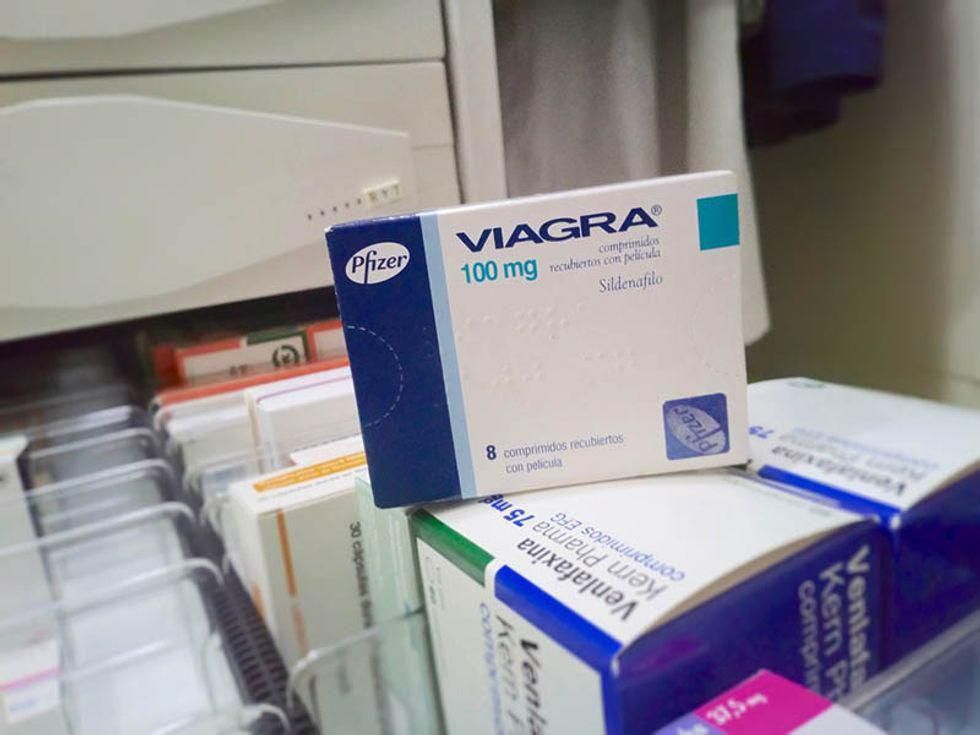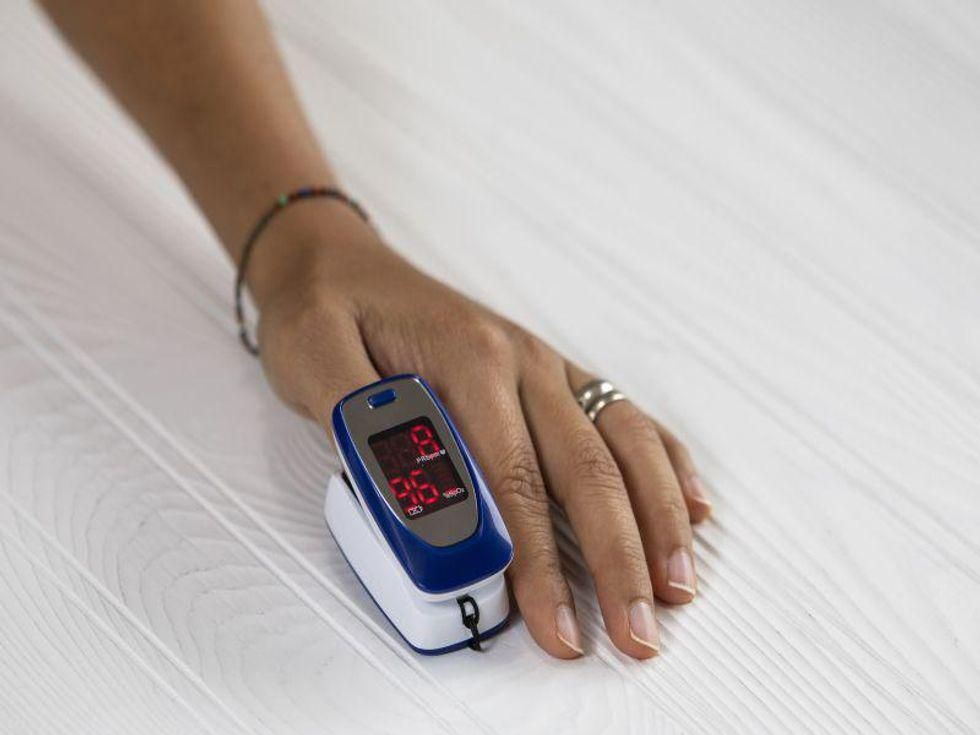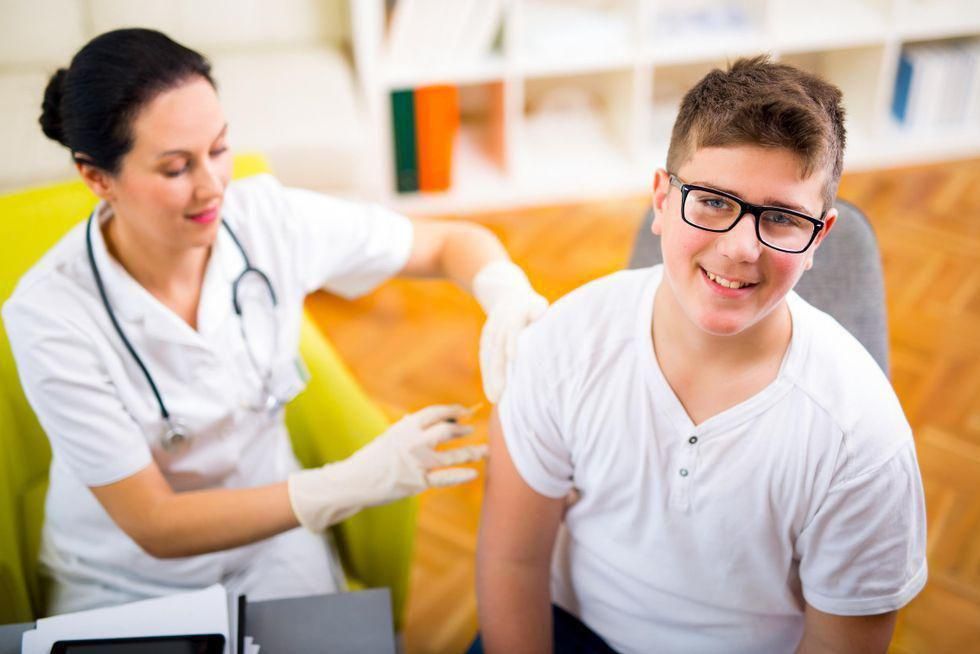
More than 1 in 10 Americans have missed their second dose of a coronavirus vaccine, a troubling trend as the more infectious Delta variant that first crippled India gains a foothold in this country. Only 88% of those who had received one dose of vaccine and were eligible for their second shot had actually completed… read on > read on >






























